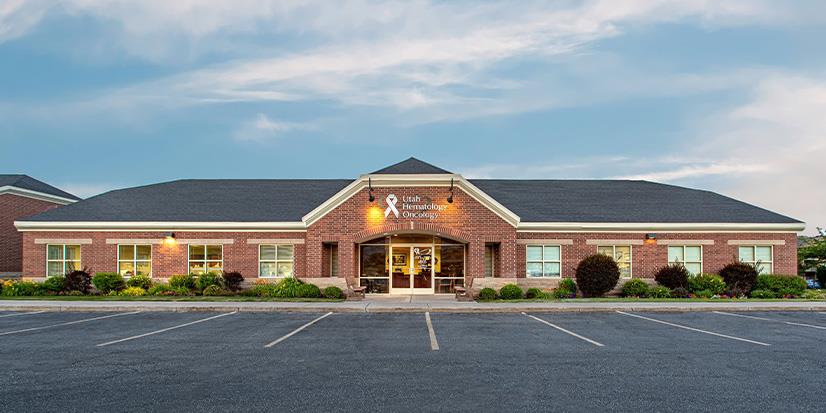Clinical Trials
What Clinical Trials are and How to Learn More
Clinical trials are a key tool for advancing medical knowledge and patient care. They’re important for discovering new treatments for diseases, as well as new ways to detect, diagnose, and reduce the chance of developing the disease. Clinical trials can show researchers what does and doesn’t work in humans that cannot be learned in the laboratory or in animals.
Local cancer researchers work with our cancer center to quickly move the most promising research results from their labs into clinical trials. This gives you early access to new and innovative cancer treatments.
Current studies at UHO | Ogden Clinic
Visit our clinical trials website
Safety and Purpose of Clinical Trials
Clinical trials are needed because researchers do not know the results without testing. This uncertainty can make it hard for a patient to decide to participate in a clinical trial. Adverse reactions in patient volunteers are rare; millions of people have been helped because other people before them chose to participate in a trial that resulted in a new, more effective treatment.
Each clinical trial is thoroughly reviewed and checked by review boards and research staff. These teams make sure that patients understand the study’s purpose and risks. Today, federal laws are in place to protect you from being taken advantage of through medical research.
Should I Participate in a Clinical Trial?
Diversity in clinical trials is very important since the largest demographic of participants has historically been Caucasian men. Large groups such as African Americans and women were left out. Sometimes, cancer treatments can affect racial and ethnic groups differently. By joining a clinical trial that you’re eligible to participate in, you can help future generations.
Types of Clinical Trials
Clinical trials examine prevention, screening, treatment, survivorship (in cancer patients), and quality of life.
-
In prevention trials, researchers seek ways to lower the risk of cancer, from lifestyle to diet.
-
Screening trials look for new ways to identify cancer before symptoms exist.
-
Treatment trials are the most familiar. They look at new treatments and new combinations of existing treatments.
-
Survivorship trials study post-cancer health issues, which includes minimizing long-term effects of treatment such as infertility.
-
Quality of Life trials look for ways to improve the comfort of those living with cancer. For example, experts may study drugs to reduce chemotherapy side effects or control pain.
Who Manages Clinical Trials at Ogden Clinic?
Utah Hematology Oncology | Ogden Clinic (UHO) is affiliated with Community Cancer Trials of Utah (CCT). CCT manages the trials and the patients’ care is managed by UHO providers and staff. Together, UHO and CCT provide access to clinical trials that would not otherwise be available locally and, frequently, not through any other provider or institution in the region.








